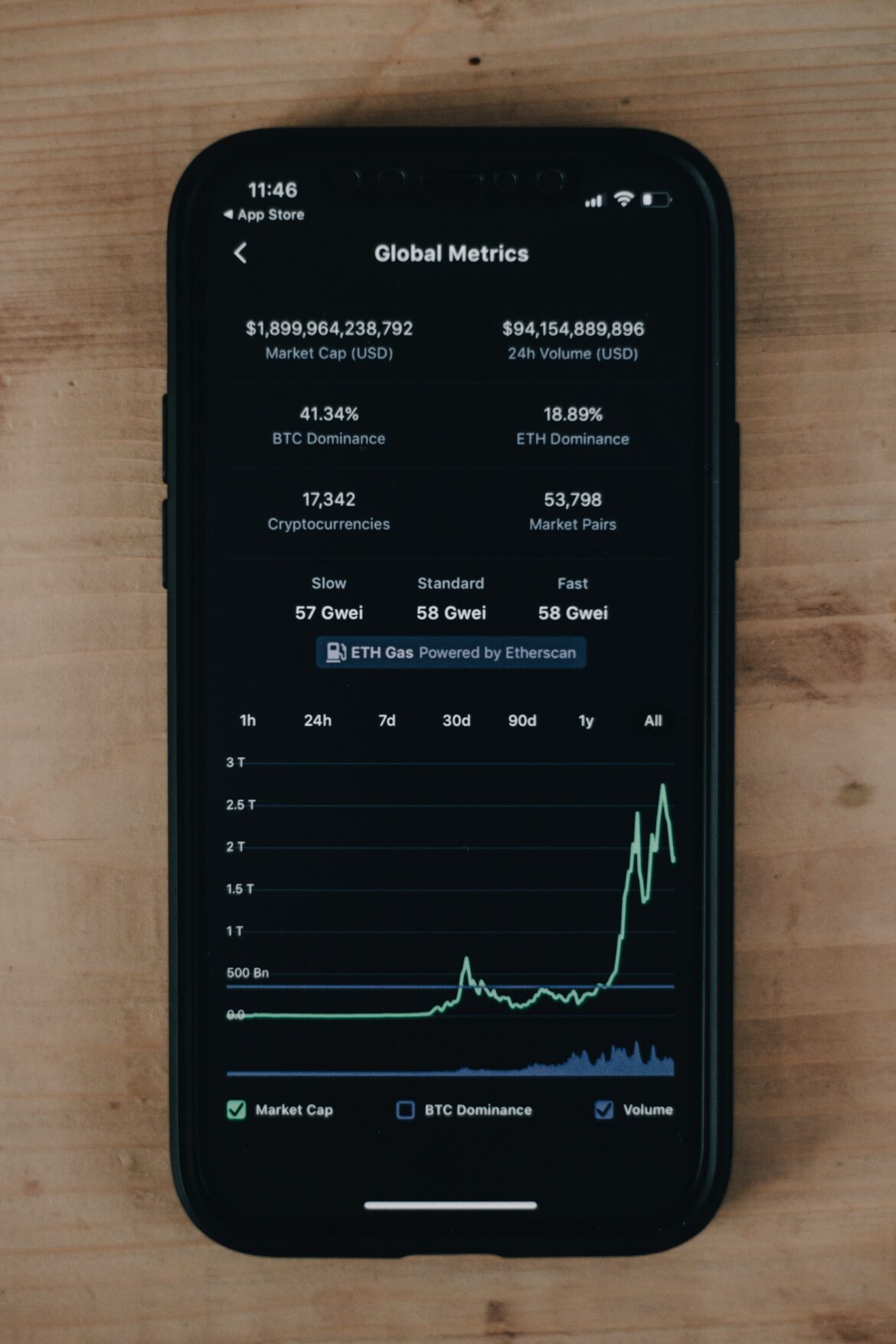In recent years, artificial intelligence (AI) has begun to transform the landscape of sports, offering new ways for athletes, coaches, and teams to understand and enhance performance. Traditionally, sports analytics relied heavily on manual data collection and rudimentary statistics, but AI brings a new level of sophistication and precision. From real-time monitoring to predictive analytics, AI is revolutionizing how performance is tracked, leading to smarter training regimes and improved outcomes across all levels of sport.
How AI is Enhancing Athlete Monitoring and Data Analysis
AI technologies are significantly improving how athletes are monitored during training and competition. Wearable devices equipped with sensors collect vast amounts of data, including heart rate, movement patterns, acceleration, and even muscle activity. AI algorithms process this data instantaneously, identifying nuances and patterns that would be impossible for humans to detect manually. This enables coaches to make more informed decisions about training loads and recovery strategies, reducing injury risks and optimizing performance.
Moreover, AI-powered video analysis tools are now capable of breaking down game footage to provide detailed insights into an athlete’s technique and tactical execution. These systems can automatically highlight strengths and weaknesses, suggest adjustments, and track progress over time. Such detailed analysis allows athletes to refine their skills more efficiently and helps coaches tailor training programs to individual needs. AI’s ability to analyze complex data sets quickly grants teams a competitive edge by revealing hidden insights that could be overlooked by traditional methods.
Another vital aspect of AI-driven athlete monitoring is injury prevention. By continuously analyzing biometric and biomechanical data, AI can identify early warning signs of fatigue or strain. Predictive models can forecast potential injury risks before they manifest physically, allowing for proactive interventions. This proactive approach not only extends athletes’ careers but also ensures they stay healthy and perform at their best throughout demanding seasons.
The Future of Sports Performance: AI-Driven Insights and Improvements
Looking ahead, AI’s role in sports performance is poised to grow even more sophisticated and integral. Advanced machine learning models will increasingly personalize training and recovery programs, adapting in real-time to an athlete’s evolving needs. This customization will enable athletes to reach peak performance levels faster and sustain them longer, thanks to data-driven adjustments that consider individual physiology and response patterns.
Furthermore, AI will continue to revolutionize talent identification and scouting. By analyzing vast quantities of data from youth leagues, amateur competitions, and professional games, AI systems can recognize promising athletes early in their development. These insights will help teams make smarter recruitment decisions and nurture talent more effectively, leveling the playing field and democratizing access to elite sports opportunities.
In addition, AI-driven analytics will enhance strategic planning and game preparation. Teams will leverage predictive models to simulate match scenarios, test different tactics, and anticipate opponents’ strategies with greater accuracy. As AI integrates with other emerging technologies like virtual reality and augmented reality, the way athletes train and prepare for competitions will become more immersive and precise. Overall, the fusion of AI with sports is set to create a future where athletic performance is pushed to new heights, driven by data, insights, and technological innovation.
Artificial intelligence is undeniably reshaping the world of sports, making performance tracking more detailed, accurate, and insightful than ever before. From real-time athlete monitoring to predictive injury prevention, AI tools are empowering athletes and coaches to make smarter decisions and unlock their full potential. As technology continues to evolve, the future of sports promises even more personalized, strategic, and innovative approaches to athletic excellence—ensuring that the game is continually pushed to new frontiers.

